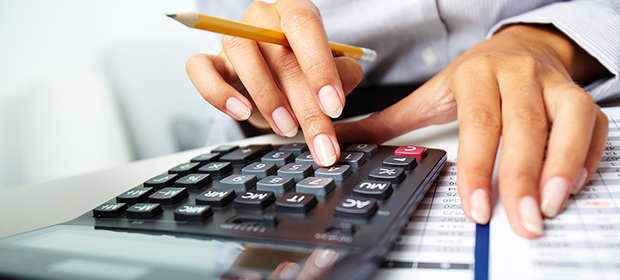That’ll be £1,298 for your flights and a £1.50 booking fee, thanks!
We expect it these days, the all too frequent ‘credit card’ charge that’s added at the checkout. Well it’s soon to become a thing of the past, saving UK citizens an estimated £500 million every year.

Our example charged a fee of only £1.50, which is pretty typical, however the additional charges for using your credit card can actually be as much as 20% of your total bill.
The Government has decided to ban the familiar additional fees in a bid to help the average Brit save a little money on goods and services. The change is due to come into effect in January 2018, and nobody is immune, that includes current offenders such as the DVLA and HMRC themselves.
These credit card fees are added by your favourite airline and corner shop alike because the retailers are charged for the use of this service by the bank. Retailers are charged either a one-off price per transaction or a percentage of the total transaction. However, the new fee ban applies only the fees charged to the end customer, the fee structure set up by the banks will not be touched.
So what does this all mean? The Government is hoping it’ll result in the average UK citizen having an extra few £££ in their pocket each year, but the reality is this change may not achieve it’s intended purpose.
The retailers still have to pay the fee, and with businesses struggling in a sluggish economy, the slack has to be taken up somewhere. It’s likely to result in a slight rise in product and service costs ahead of typical inflation to level out the difference. Which, of course, means it could be worse for the average Brit.
The move is likely to create a headache for businesses, particularly the small businesses that rely on credit card fees to be able to offer credit card payment as a viable option. The Government has said they will do whatever else they can to assist retailers in this matter.
On the other side of the coin, larger organisations (yes, including Government organisations) have been making significant gains by adding a credit card surcharge. Take the DVLA, for example, who charge over £8 million in surcharge fees alone every year.
So the overall picture is, it’s a great move if you pay your HMRC bill with a credit card but could be bad news if you run a small business which currently charges a credit card fee.
If you’re worried, give us a call and we’ll do our best to guide you ahead of Jan 2018.

 © 2019 Warr & Co Chartered Accountants. Warr & Co Chartered Accountants is a member of The Institute of Chartered Accountants in England & Wales (ICAEW). Whilst the information detailed here is updated regularly to ensure it remains factually correct, it does not in any way constitute specific advice and no responsibility shall be accepted for any actions taken directly as a consequence of reading it. If you would like to discuss any of the points raised and / or engage our services in providing advice specific to your personal circumstances, please feel free to contact any one of the partners on 0161 477 6789 or contact us via our website forms. Warr & Co Chartered Accountants are registered to carry our audit work in the UK, our audit registration number is C002961684, for more information please visit www.auditregister.org.uk.
© 2019 Warr & Co Chartered Accountants. Warr & Co Chartered Accountants is a member of The Institute of Chartered Accountants in England & Wales (ICAEW). Whilst the information detailed here is updated regularly to ensure it remains factually correct, it does not in any way constitute specific advice and no responsibility shall be accepted for any actions taken directly as a consequence of reading it. If you would like to discuss any of the points raised and / or engage our services in providing advice specific to your personal circumstances, please feel free to contact any one of the partners on 0161 477 6789 or contact us via our website forms. Warr & Co Chartered Accountants are registered to carry our audit work in the UK, our audit registration number is C002961684, for more information please visit www.auditregister.org.uk.